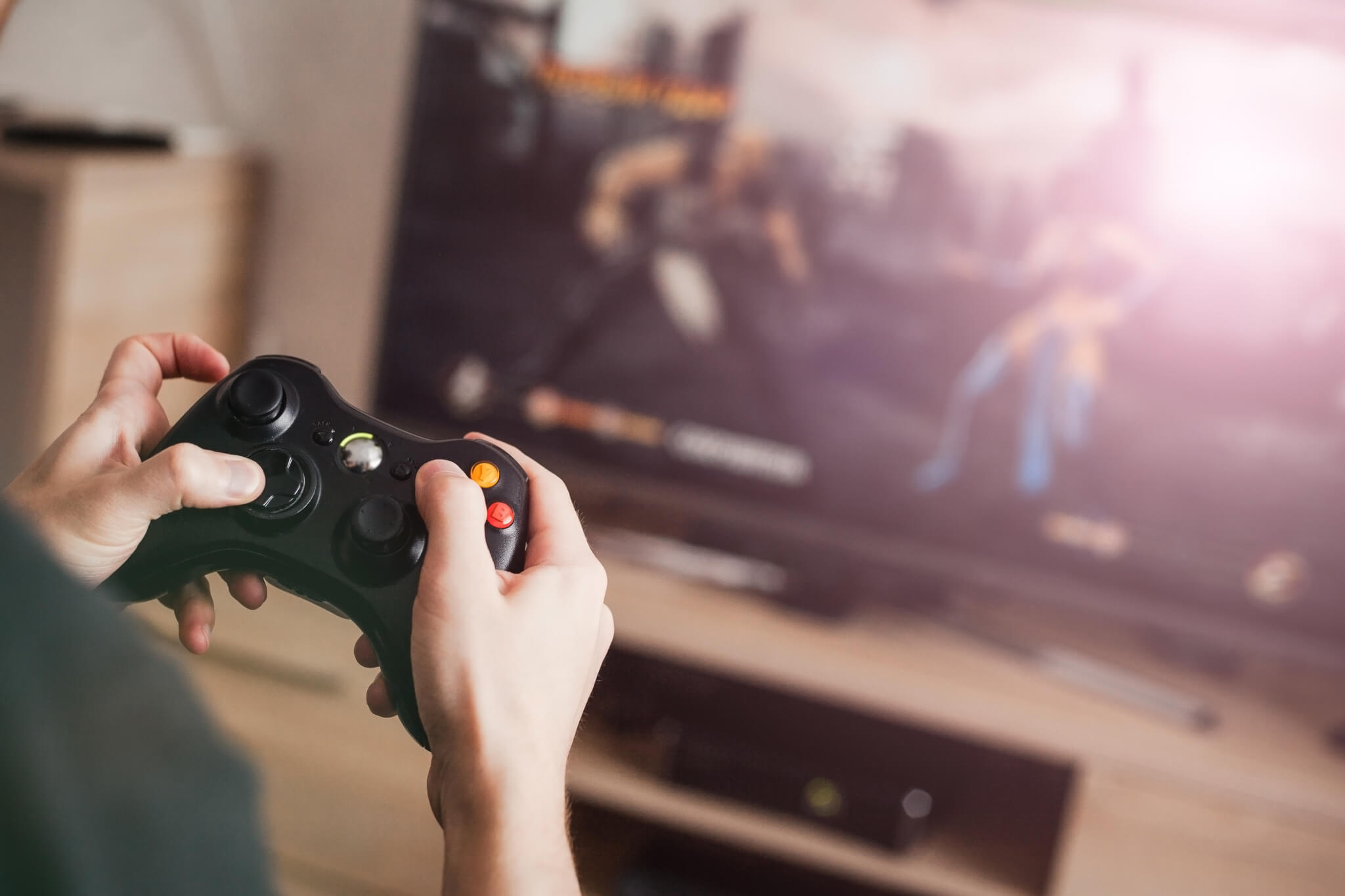Since the early age of 7 one of my main goals was to learn how to code software and use that knowledge to create video games. My love for the japanese culture, computers and technology created in me a great devotion to that objective. Although I face so many obstacles (Not necessarily ADHD related) finally I managed to get into college at my twenties. Since 2014 I’ve been studying hard but not having a caresy grandmother that was after each one of my responsibilities, unleashed all of the consequences that ADHD could bring.
At the beginning having problems in a course seems not so bad, after all I could say I was adapting to the college dynamics. During the second semester I started to skip my classes and take that time to meet new people, make friends and do all sorts of activities an universitary campus could offer. As expected I started to fail courses and moreover, started to justify my actions as normal. I even tried to go to the psychologist, but attending a consultory once a month wasn’t a great idea at least for me (I wonder if attending regularly to a psychologist would’ve helped me to notice ADHD).
The issue didn’t grow up beyond that but missing a course every semester left a great gap of pending studies. Today at the second semester of 2020 I’m still coursing subjects from semesters 5th and 6th (Hopefully the last ones) and I still need another semester to complete my thesis and graduate.
On my way to learn more about ADHD I found a clue for all of this. Recent studies about ADHD show that emotional dysregulation should be considered as a core symptom of ADHD. This indication could be the cause of impairments in executive functioning which affects our ability to maintain our future goals.
So I’m destined to be a failure for the rest of my life. Well, my impairments had caused me several problems to make decisions towards my career for 6 years by now. But since I already know more about ADHD and treatment I have some methods to fight against. The first one is mindfulness, you could read more about it in this article. Just to make a summary, the method is to be mindful of our emotions in a non-judgmental way so we can understand them and take control before the emotion is bigger than our executive control (also called willpower). This is by letting our emotions be, but also trying to understand why we feel them and stop them from growing further and let them make bad choices for us.







